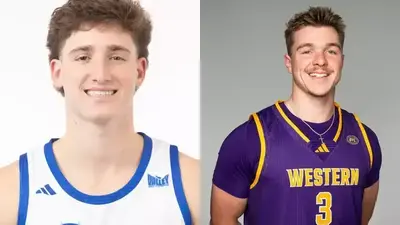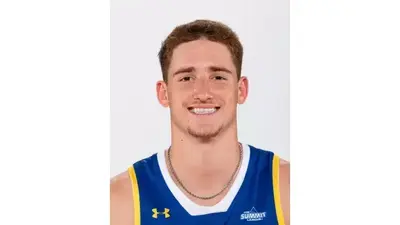Sanford Sheldon Medical Center recently issued the following announcement.
Gary Timmerman, M.D., is a humble man.
It’s part of the reason for his health care calling. He simply wants to help people.
It’s also why his recent induction into the ACS Academy of Master Surgeon Educators came as a bit of a surprise; he didn’t think he deserved it.
He does.
Dr. Timmerman’s start at Sanford
Dr. Timmerman, the professor and chair of the department of surgery at the USD Sanford School of Medicine, has been with Sanford Health since 1998.
He came to Sanford in Sioux Falls after being recruited from Watertown where he practiced about a decade. He ran, at the time, the new Level II Trauma Center at Sanford, formerly known as Sioux Valley Hospital. Level II trauma provides total care for patients with any injury or trauma.
Through the assimilation with the former Central Plains clinic to providing greater access to health care for rural patients, Dr. Timmerman has watched Sanford grow throughout the years.
“Then, of course, the partnership with MeritCare, now Sanford Fargo. (Up) North (in) Bismarck, Bemidji, the creation of hospitals in Aberdeen, our affiliation with Worthington. I’ve really seen a great deal of expansion,” he said.
In the 23 years he’s been at Sanford, Dr. Timmerman said he’s seen Sanford Health respond well to challenges.
He admires the health care provider’s ability to “keep the focus on patient care, quality outcomes, and passing it onto the next generation through medical education.”
Induction into ACS
On Oct. 14, Dr. Timmerman was one of the 84 inductees into the 2021 class of the ACS (American College of Surgeons) Academy of Master Surgeon Educators.
The ACS is the second largest medical association in the world. Timmerman explained there are three levels to membership within the master surgeon educators. The first, which is the highest level, is to be named a Member. The next tier is an Associate Member, with the final tier being an Affiliate Member.
“About four or five years ago, there was a deliberate attempt to recognize individuals both alive and dead that went above and beyond in the world of education, and surgical education,” Dr. Timmerman explained.
“They only admit about 30 to 35 Members per year. It’s out of 85 (thousand) to 90,000 surgeons. It’s an honor to be nominated. Then, to be not only inducted into it, but as a full Member, was very, very, very, very, very, very humbling. A tremendous honor for myself and my own institution,” he said.
Dr. Timmerman is the only inductee originally from South Dakota.
“In the world of surgery, it’s quite a milestone.”
Humbly joining elite company
Dr. Timmerman tries “not to lift myself up too much” and admitted, through a chuckle, he can be self-deprecating. When asked if he’s proud of the honor, Dr. Timmerman said he’s “more in amazement.”
“I sometimes wonder why I got in and others didn’t. Then, comparing myself with the entering class again and saying, ‘Well, how did I pull that off?’ Certainly, I didn’t have enough money to buy my way in. I’m still really, really, really shocked,” Dr. Timmerman said.
Only one other individual at Sanford Health has been named a Member and was a Charter Member of the original class. John Weigelt, M.D., worked at UT Southwestern in Dallas, University of Minnesota and Medical College of Wisconsin, before his career took him to Sanford in 2016.
Dr. Timmerman said it’s humbling to share the honor with his friend.
“Dr. Weigelt, I would say, is one of the top 20 surgeons worldwide. To have an individual of that quality and that amount of talent affiliated with the University and with Sanford Health, was an incredible opportunity and gift to my surgical residents, and to the state of South Dakota.
“I pinch myself wondering why I’m even in this organization with an individual of that caliber.”
Importance of education
Dr. Timmerman said the Sanford School of Medicine and Sanford Health have committed to advancing “the science and practice of surgical education and training.” It’s needed because rural health care providers saw “vanishing surgeons.”
“Over 20 percent of our population live in rural areas, and less than 5% of US surgeons are available to those patients in those areas. So, there’s a great disparity for access to good surgical care. That’s why this was a goal of mine. This was an endeavor, and Sanford certainly agreed with that concept, that we need to be replenishing the storage or availability of our surgical care and providers,” he said.
“To think that a patient would have to travel two, three, or four hundred miles to get surgical care. You can see why this is an important concern. You can also see that access to care is as big as any other disparity issues.”
Original source can be found here.




 Alerts Sign-up
Alerts Sign-up